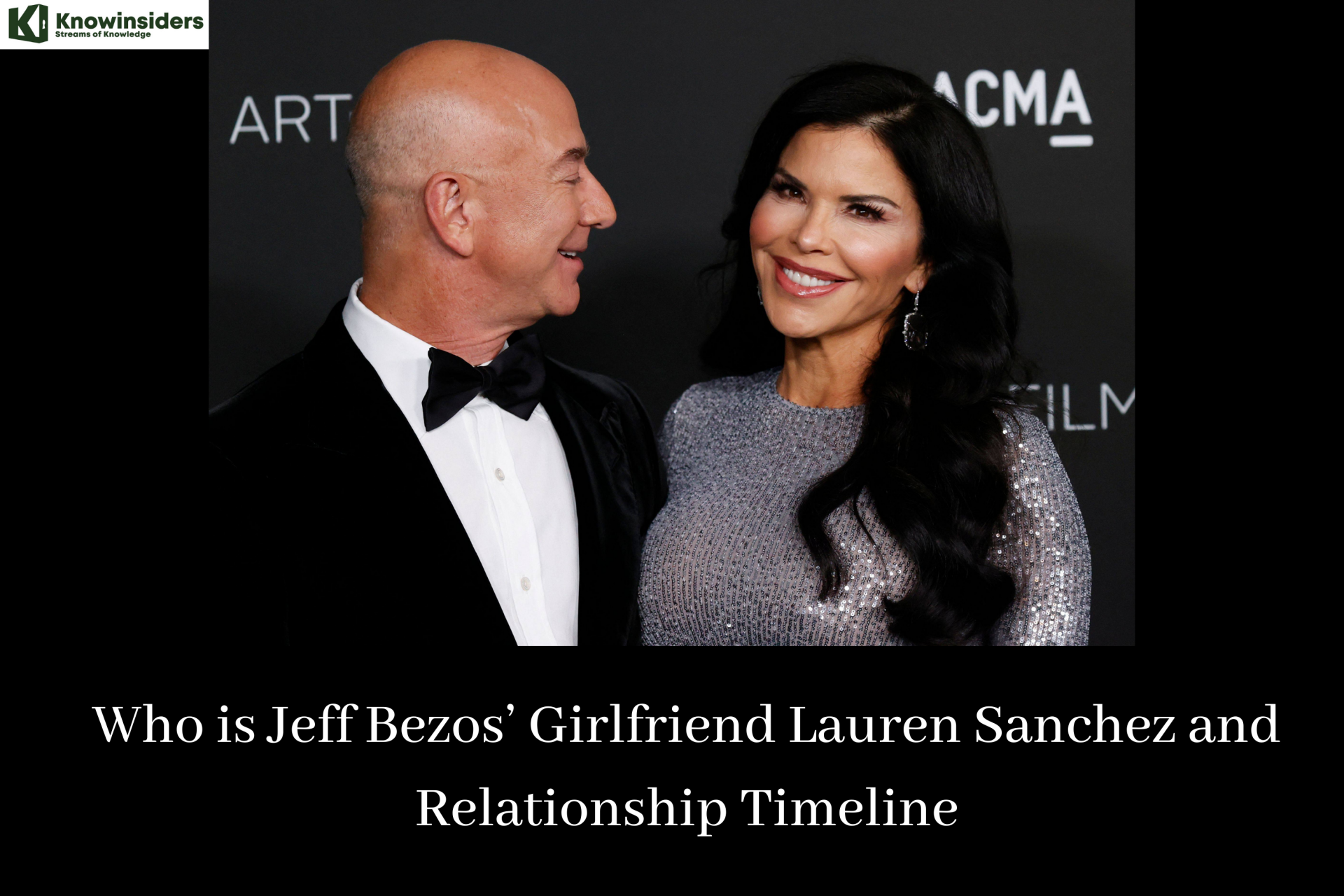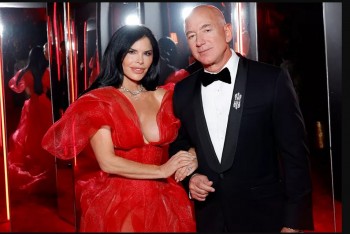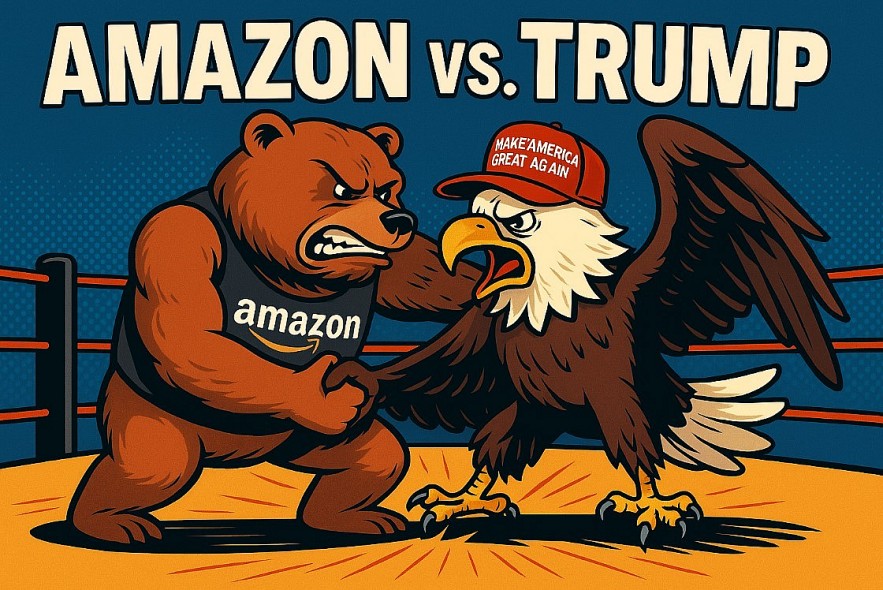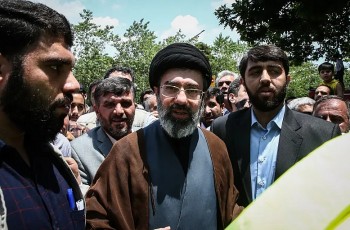Amazon vs. Trump: Tariffs, And Politics
 Who is Jeff Bezos’ Girlfriend Lauren Sanchez and Relationship Timeline Who is Jeff Bezos’ Girlfriend Lauren Sanchez and Relationship Timeline |
 What is Jeff Bezos and Lauren Sanchez's $600 Million Wedding: The Ultimate Luxury Event What is Jeff Bezos and Lauren Sanchez's $600 Million Wedding: The Ultimate Luxury Event |
 |
| Amazon vs. Trump |
What began as a report about tariff disclosures has spiraled into a broader conversation about political power, economic policy, and the fragile relationship between business and government.
Tariffs, Transparency, and Tactical Moves
Punchbowl News first set the stage, reporting that Amazon planned to display tariff-related price increases on its platform. White House Press Secretary Karoline Leavitt swiftly condemned the move, labeling it "a hostile and political act." Amazon, however, refuted these claims, clarifying through Washington Post reporter Jeff Stein that any such initiative was limited to its experimental Amazon Haul site — not the flagship marketplace.
This distinction matters. Adding tariff costs to listings on a discount-focused platform is a strategic pivot, not a mainstream policy shift. Yet, the reaction from the Trump administration reveals how even minor corporate decisions are scrutinized through a political lens in today's polarized climate.
Amazon and Trump: A History of Tension
The bad blood isn't new. Trump's relationship with Amazon, and particularly founder Jeff Bezos, has long been rocky. Bezos’ ownership of the Washington Post, a frequent critic of Trump, only fueled hostilities. Despite gestures like Amazon’s $1 million donation to Trump's inauguration fund and Bezos attending the event alongside other tech titans, the mutual distrust endured.
Today’s tariff dustup rekindles old animosities. Leavitt’s reference to Amazon’s alleged ties with Chinese state media (based on a 2021 Reuters report) taps into broader fears of globalization and foreign influence — a core narrative Trump has leveraged since his first campaign.
Business Backlash: Tariffs Threaten Prime Day and Beyond
Behind the political theater, real economic risks loom. Reuters reports suggest that some Amazon merchants are scaling back their participation in Prime Day 2025 amid tariff uncertainty. Rising import costs could erode the competitive pricing Amazon is famous for — a vulnerability that rivals like Walmart and Target may exploit.
Andy Jassy, Amazon's CEO, attempted to downplay concerns in a CNBC interview, reaffirming Amazon’s commitment to "keep prices as low as possible." But even he admitted ongoing talks with the administration about tariff impacts. The underlying message is clear: rising tariffs strain not just Amazon’s bottom line but also its ecosystem of millions of third-party sellers.
De Minimis Dilemma: The Stakes Are Higher Than They Appear
The Trump administration's potential tightening of the "de minimis" exemption — which allows goods under $800 to enter the U.S. duty-free — could reshape global e-commerce. If lowered or removed, small merchants, consumers, and giants like Amazon would all feel the pain.
The impact would be sweeping:
-
Higher prices on a wide range of everyday goods.
-
Reduced consumer choice as sellers pull back on international offerings.
-
Accelerated onshoring efforts by Amazon and others to mitigate risks.
But even onshoring has limits. Building resilient domestic supply chains takes years, not months, and demands massive investment — something Wall Street may not be patient enough to tolerate.
Forecast: What Comes Next?
Expect Amazon to intensify its lobbying efforts behind closed doors. Expect Trump, should he win re-election, to weaponize tariffs and "America First" rhetoric against tech giants seen as politically hostile. Expect higher prices and diminished consumer choice if the tariff wars escalate.
For Amazon, the balancing act is delicate: project political neutrality, shield customers from price shocks, and maintain its dominance in a turbulent regulatory environment.
For American consumers and sellers, the warning is simple: the era of cheap, fast global e-commerce is under siege.
Conclusion: Amazon at a Crossroads
Amazon’s clash with Trump isn’t just a headline — it’s a harbinger of a reshaped e-commerce landscape where politics, policy, and platform power collide. Whether Amazon can maintain its market leadership without alienating key political players may determine not just its future, but the future of online retail itself.
As Amazon reports earnings and prepares for a volatile political season, its message to investors and customers alike must be clear: adapt, or risk being outmaneuvered in a world where commerce and politics are inseparable.
 Where Are Heard Island and McDonald Islands, the Uninhabited Territory Targeted by Trump Tariffs? Where Are Heard Island and McDonald Islands, the Uninhabited Territory Targeted by Trump Tariffs? In a surprising twist to his trade policy announcements, former President Donald Trump included one of the world’s most remote and uninhabited regions in a ... |
 Trump New Tariffs: Why Russia, North Korea, and Canada Got a Free Pass Trump New Tariffs: Why Russia, North Korea, and Canada Got a Free Pass Trump’s New Tariffs Shake the World—But Russia, North Korea, and Canada Escape. Why? |
 Trump’s Tariffs: Mortgage Rates Drop, But Housing Affordability Crisis Worsens Trump’s Tariffs: Mortgage Rates Drop, But Housing Affordability Crisis Worsens The Trump administration’s sweeping tariff announcement in early April 2025 has triggered ripple effects throughout the U.S. economy, especially in the housing market. |
























